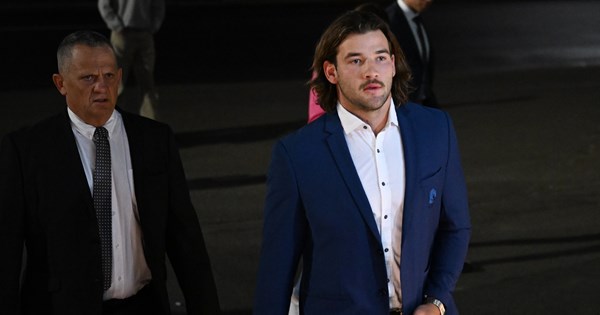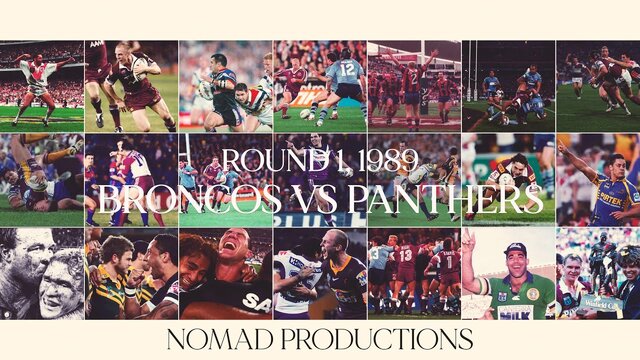The Honourable Justice GJ Bellew
Judiciary Chairman
2 August 2022
Summary of reasons: Justice Geoff Bellew
The decision of the panel was unanimous and did not require a casting vote from the Chairman pursuant to Rule 89.
The panel took into account that by his plea of guilty, player Carrigan had acknowledged that he had:
- made contact with player Hastings in circumstances where such contact carried with it an unacceptable risk of injury; and
- acted carelessly, or in other words failed to play with the level of care that the responsible playing of the game requires.
In the panel’s view, there were a number of characteristics which rendered the offence a serious one. They included the fact that:
- player Hastings was placed in a highly vulnerable position at the time that the contact was made by player Carrigan, and was unable to protect himself;
- player Carrigan applied a significant level of force, and his actions gave rise to a commensurately high risk of injury;
- that risk materialised, with player Hastings suffering a serious injury which will require internal fixation surgery and which, on the medical evidence, will render him unfit to play for a period of up to 5 months; and
- the force was applied by player Carrigan at a time when player Hastings was already held upright by two other players.
As to the last matter, and the issue of the involvement of other players in the tackle, the panel considered the opinion of Dr McMeniman that player Hastings’ injury was “significantly exacerbated by the other two tacklers pushing [player Hastings] backwards” and that this combination “produced the significant forces required to sustain (player Hastings’) injury”.
The panel also noted Dr McMeniman’s opinion that the contribution made by the other two tacklers “increased the likelihood” of such injury. The panel accepted that the other two players made some contribution to the force which was applied and took this into account as a mitigating factor.
At the same time, the panel was mindful of the fact that neither of the other two players had committed any illegal act, and that player Carrigan had acted carelessly by placing himself in the position that he did, in circumstances where he must have been aware that the other two players would attempt to put player Hastings to the ground.
The panel took into account player Carrigan’s plea of guilty and his limited history of offending.
However, the panel considered that, consistent with the published policy of the National Rugby League of which all clubs were put on notice more than two years ago, it was necessary to again make it clear to all players that dangerous contact of this kind in particular has no place in the game given the risk of injury that it presents.
The fact that such risk materialised in the present case was, in the panel’s view, a stark indicator of why such dangerous contact is simply unacceptable.
In the panel’s view, it followed that there was a fundamental need for the penalty in this case to carry with it a strong element of both personal and general deterrence, so as to make it clear to all players, including player Carrigan, that the commission of this offence is likely to result in the imposition of a substantial penalty.
The penalty was less than what it would otherwise have been having regard to the plea of guilty and the contribution of the other players involved in the tackle.
A remorseful Pat Carrigan insisted he didn’t intend to injure Jackson Hastings after receiving a four-match suspension for a hip drop that left the Wests Tigers lock with a broken ankle and syndesmosis injury.

www.nrl.com



